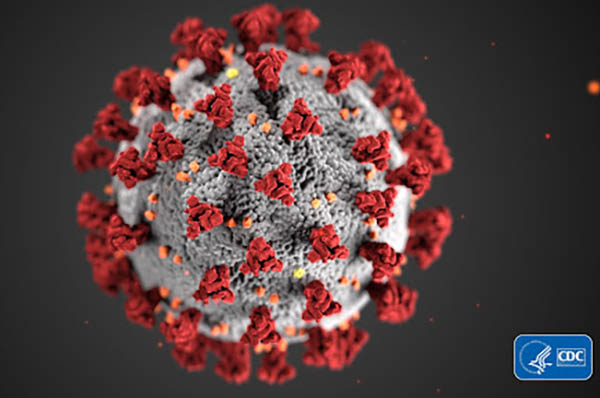MRINZ and Malaghan ramp up fight against COVID-19
As New Zealand goes in to lockdown to prevent the spread of the COVID-19 virus, the Medical Research Institute of New Zealand is temporarily pausing outpatient studies to protect outpatients and staff and to redirect their full research efforts to COVID-19 and ICU research programmes.
New Zealand has recently had its first cases of probable community transmission of COVID-19, in other words, cases which are not linked to travel. MRINZ have been preparing for this.
Over the past few weeks, they have been hard at work to establish COVID-19 research networks, connecting the efforts of teams in the community, hospitals, and intensive care units across New Zealand.
“Building robust evidence for the safest and most effective way to tackle the virus is our focus for the time being,” says Dr Alex Semprini, Deputy Director of the MRINZ.
“We are particularly focussed on re-purposing existing medications that may be useful for both preventing the spread of the disease in healthcare workers, and in treating those self-isolating in the community who are not unwell enough to be hospitalised. These are two groups that are often overlooked during a pandemic in the race to find treatments and vaccines.”
Currently, there are no approved therapies or vaccines for SARS-CoV-2, the virus that causes COVID-19. Professor Graham Le Gros the Director of Research at Malaghan Institute of Medical Research expects that multiple different vaccines will be produced and distributed around the world, but that certain vaccines may only be effective for certain people. Currently there are some 40 candidate vaccines in various stages of development, including one close to home with researchers at the University of Queensland in Australia announcing they have achieved a proof-of-concept vaccine candidate for COVID-19, which they will develop more before beginning pre-clinical testing.
Two candidates, one from the Beijing Institute of Biotechnology and one from Moderna in the United States have begun Phase 1 clinical trials where the vaccine is tested on a small number of healthy individuals to determine if it is safe to test whether it actually works on patients. Moderna said at the end of February that it has shipped the first batch of its clinic-bound vaccine, mRNA-1273, to the NIH’s National Institute of Allergy and Infectious Diseases (NIAID) for use in a planned Phase I study in the U.S. It is expected to take around 12 months to evaluate the effects in the 45 trial participants.
The Malaghan Institute, which started to look closely at Covid-19 about three weeks ago, has applied for a grant from the New Zealand Health Research Council to put together a programme of its own. The institute can also assist in international vaccine development efforts via its ability to test on mice.
Even if the infection rates drops as the population becomes immune, the importance of developing a vaccine is still crucial.
"We don't yet know enough about this virus - we may not have lifelong immunity - and that's why vaccines can be effective down the track. Viruses like these are designed to survive," Professor Le Gros said in an interview with RNZ.
"If the virus changes every year, we may end up having a coronavirus season every year and different immunity shots will be needed."
Learn more about the Medical Research Institute of New Zealand.
Learn more about the Malaghan Institute of Medical Research.
Date posted: 25 March 2020

